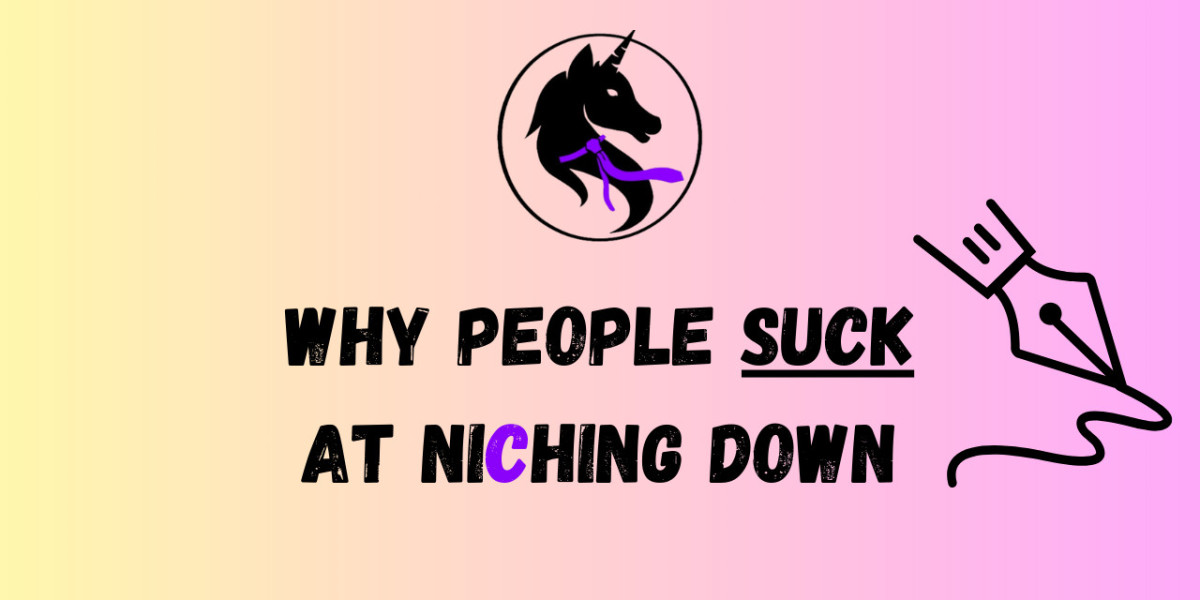I asked 25 people to fill out a form with just one question:
What connections and introductions are you looking for?
The results were astounding.
I made it very clear—the more specific they were, the better I could make an introduction. Remember, I was opening up my entire network to THEM. This was a golden opportunity. Someone was literally asking, “What do you need?”—and actually meaning it.
And yet...
Here’s What Surprised Me About the Answers:
Three people gave incredibly clear, useful descriptions of the exact people, industries, and opportunities (like podcasts) they were looking for. They got immediate introductions.
Twenty-one people gave vague, generic responses that could apply to 90% of my network. One person even left a two-word answer.
One person used ChatGPT to generate their answer, which not only produced a vague, meaningless response but also destroyed their credibility because they copied and pasted the prompt in their response.
Lessons Learned:
1. More Words Doesn’t Mean More Clarity
People think that adding more makes their answer better. It doesn’t.
Example: “My target audience is business owners, entrepreneurs, and women looking to improve their health.”
Sounds detailed, right? Wrong. That’s three completely different audiences lumped together to make it feel like one. But in reality, you might as well have said “anyone.”
2. Fear of Missing Out (FOMO) Destroys Precision
People are terrified of being too specific because they think it will cut them off from opportunities. They believe if they add more and more people, they’ll magically attract the right one.
Let me tell you something: My brother is an avid fisherman. He knows that specific fish require specific bait, at a specific time of day, in a specific environment.
And no, I’m not saying you should treat people like aquatic animals (although some networking events do feel like a feeding frenzy). But I am saying that your desire for specific results requires specific actions.
If you’re throwing out a huge net, don’t be surprised when you pull back a bunch of weeds instead of the fish you actually wanted.
3. Most People Don’t Actually Know Their Niche
This experiment proved what I see every day:
- People struggle to clearly define their audience.
- They add “attention-grabbing” fluff, hoping to appeal to more people.
- Some rely on AI to think for them, because they haven’t taken the time to truly understand who they serve.
And when you don’t know your niche, you give off desperation energy—chasing any client instead of helping the right one.
The Final Lesson? The Majority Won’t Even Take the First Step.
I sent this form to 100+ people. Only 25 filled it out.
Sure, maybe some didn’t want to be put on another marketing list (valid). Maybe some felt nothing is ever really free (also valid). But let’s be honest—this was an actual chance to gain valuable connections.
And more than 75% of people ignored it.
This is proof that even when you present something of real value, most people still won’t take action—even if it’s exactly what they say they want.
So, what did I miss? Did you notice something else from these responses? Drop your thoughts in the comments, and let’s discuss.
